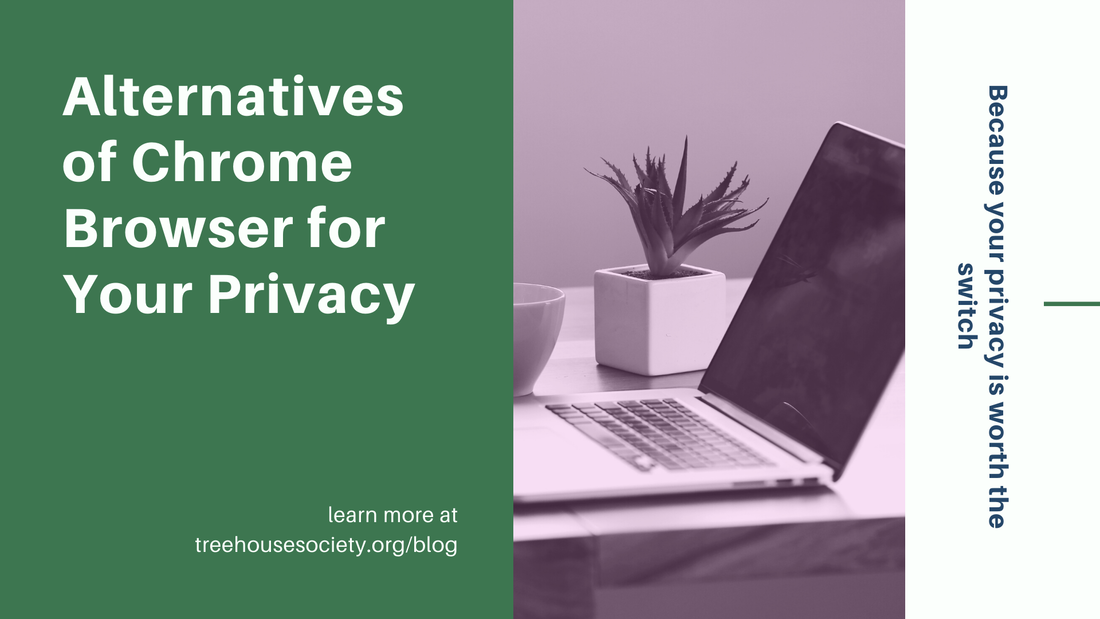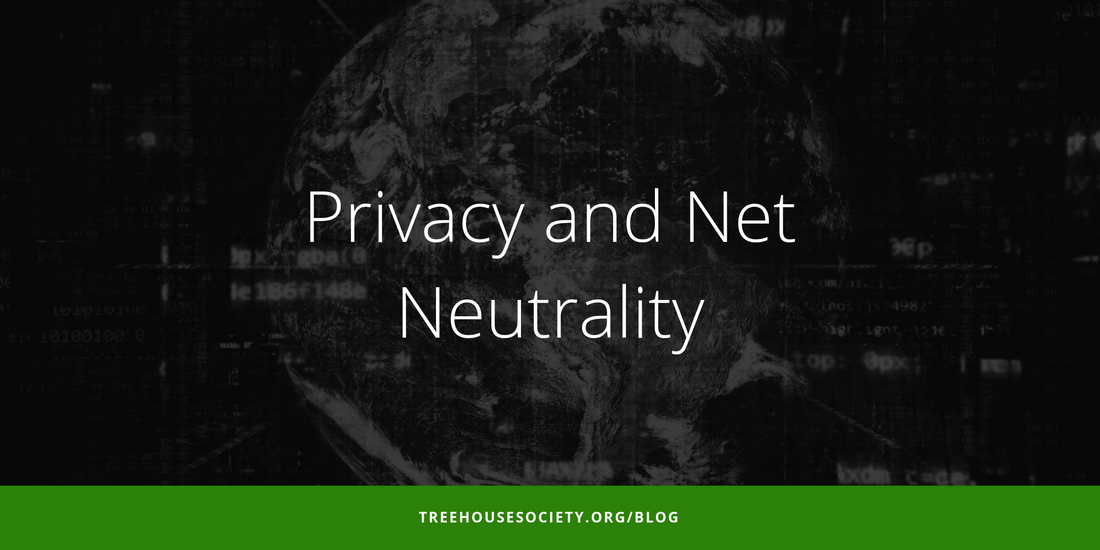|
Introduction:
Chrome is fast, but the drag that puts your privacy in the hands of a giant corporation might not be worth it. More than ten years ago, it was almost magical when Chrome first launched. It was much faster than what Microsoft had, and we all had this hope that it will bring us the web experience we all wanted. However, Google was on its way to selling all of its users out. From tracking our searches to forced logins on Chrome, its ability to track its users' activities generate a lot of concerns for us. With constant integration of different platforms, user’s data might be shared with other third parties as well. If privacy is a concern for you, Chrome wouldn't be the best browser. So, what are the alternatives to it? The ones below can be used if you are concerned with the privacy of your current browser or want to replace chrome. Firefox: Firefox used to offer the best levels of privacy until plugins joined the game. Let's talk about the good. You can still monitor what information you share on the browser. You need not care about tracking, and Firefox tends to offer protection concerning other webpages. It also involves a Firefox Monitor, which secures your data. You will instantly get a notification from them in case other authorities or people have accessed your email address. However, the plugins on Firefox aren't as friendly about your privacy as the browser itself. Some plugins make you easy to track as a user. Epic: Epic is one of the browsers which highly focus on privacy and can act as a good alternative to Google Chrome. It offers the availability of tracking so that it prevents the misuse of data. One main characteristic of Epic is it conceals one’s IP Address when it becomes operative. This way, you can prevent people from watching your activities on the internet and observing your chores closely. Epic does not keep a record of your history as well. Once you close anything you have browsed recently, it will remove its data and information related to one’s account. It also protects your data from viruses and malware. Brave: Another browser that is concerned with your privacy issues is Brave. It ultimately offers you protection from ads that try to intervene in your privacy. You shall remain carefree that your data is in safe hands. It runs on chromium, so it gives you the speed without the sacrifice of privacy. Not only does it give you the speed, but it also gives you BAT (Basic Attention Tokens) whenever it displays an ad. It is a new way to value your attention. If you are going to look at an ad, why not get rewarded for it? Tor Browser: If you are highly concerned with the privacy of your browser, you should opt for Tor Browser. Your data will remain safe and secure if you opt for this while browsing. It assures protection to your IP address. It hides the visibility of your servers as well. This means one shall not worry much about their data being observed. No one can have access to your history, whatever you have browsed so far. Also, it protects your location on the internet. This browser can be comparatively slow to other browsers. But, if all your focus is privacy, you will be satisfied with this browser. Conclusion: The browsers mentioned above offer good alternatives to chrome and could be used frequently. Most of these browsers offer security by clearing off your browser history and protecting your location. Also, they work by protecting your IP address and ensure that your data is not available to any other sources. After all, it would be best if you worked with companies who best value your privacy. References: https://fossbytes.com/best-google-chrome-alternatives-most-private-web-browsers/ https://geekflare.com/productive-encrypted-browser/ https://www.wired.co.uk/article/best-privacy-browsers-and-chrome-alternatives https://beebom.com/best-google-chrome-alternatives/ https://www.pcmag.com/feature/370405/dump-chrome-7-alternative-web-browsers https://blog.cryptographyengineering.com/2018/09/23/why-im-leaving-chrome/ https://www.wired.com/story/google-chrome-login-privacy/ https://brave.com/brave-rewards/
1 Comment
In 2018, we all came across many hashtags and long posts about net neutrality and how to stop it from being repealed. Social media was concerned with the privacy factor that would be implied as a result. However, a lot of us lacked proper information about net neutrality and why the hype around the topic was created.
Understanding Net Neutrality With the obvious advancement in technology, the government has now the responsibility or control to regulate content. On the other hand, net neutrality means that online traffic will be treated the same by internet service providers without censoring any content. This means that just like any other utility considered important for survival, freedom, and privacy for the internet would be equally provided without challenging its premises. On the other hand, FCC ruled out that belief by stating that net neutrality is not so much a public utility. Besides affecting online business transactions, repealing net neutrality also impacts the use of the internet by the general public. Net Neutrality Affects Privacy The use of technology and the internet has always come with the promise of privacy to some extent for the users. However, repealing the net neutrality can also take away privacy. During the time of Obama’s presidency, net neutrality was a given factor that meant that users were not vulnerable to threats like hinging on privacy rights. However, there is not a provision applied called Title II which called for compliance with consumers’ privacy rules. Naturally, this means that the privacy of users is compromised under the Personally Identifiable Information (PII). Any of the internet service providers that you use can easily control the content that you will access. Moreover, they can even record your activity by saving which websites you access and how often do you use them. Along with this, since the ISPs will be charging per package instead of a one-off bill that you have to pay, you might have to opt for a package that mentions adult content specifically. This simply means that users can be generalized into categories including ‘porn users’. This control is not limited to adult content but political affiliations too. An internet service provider can decide to charge differently for liberal or conservative content. This can leave the users vulnerable to being identified or affiliated with a certain political stance. In other words, to some extent, net neutrality can certainly interfere with the privacy of the users. The Final Verdict While many people including activists believe that the ISPs should not be given this power over the users’ activity on the net, others don’t find it to be an abomination of rights. Business owners believe that the use of technology offers many alternatives. If one ISP tampers, the others might not and increase the business for the alternative. This is simply a matter of business for everyone. You can definitely learn more about internet service providers meddle with the content and to which extent in order to ensure a provider that is less interfering. |
Categories
All
|





